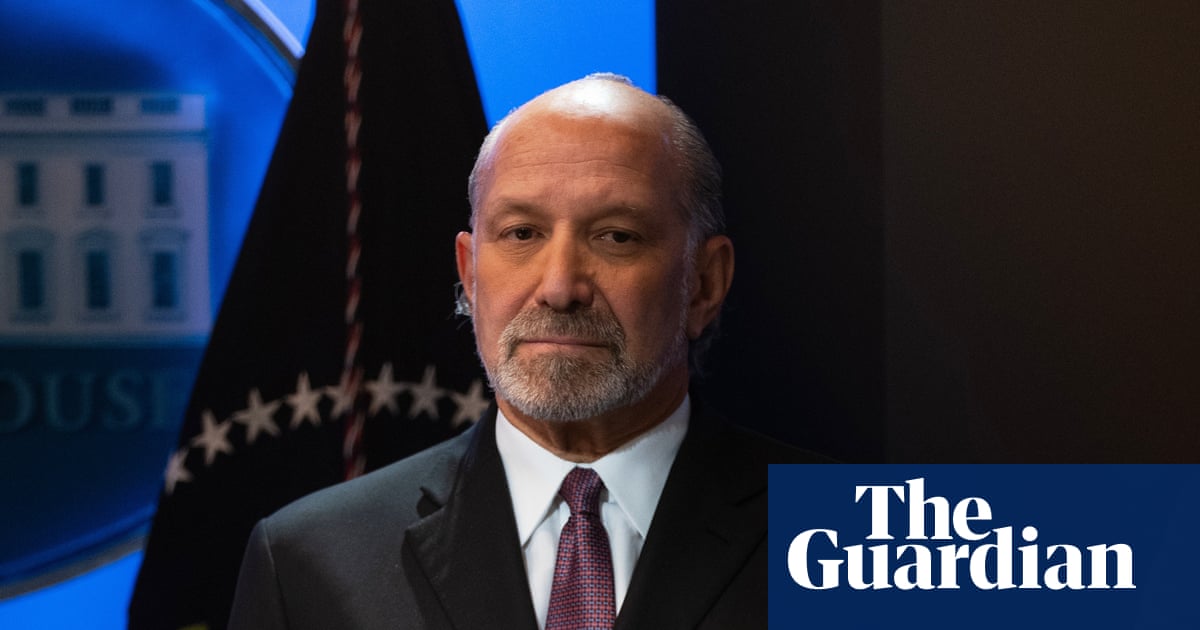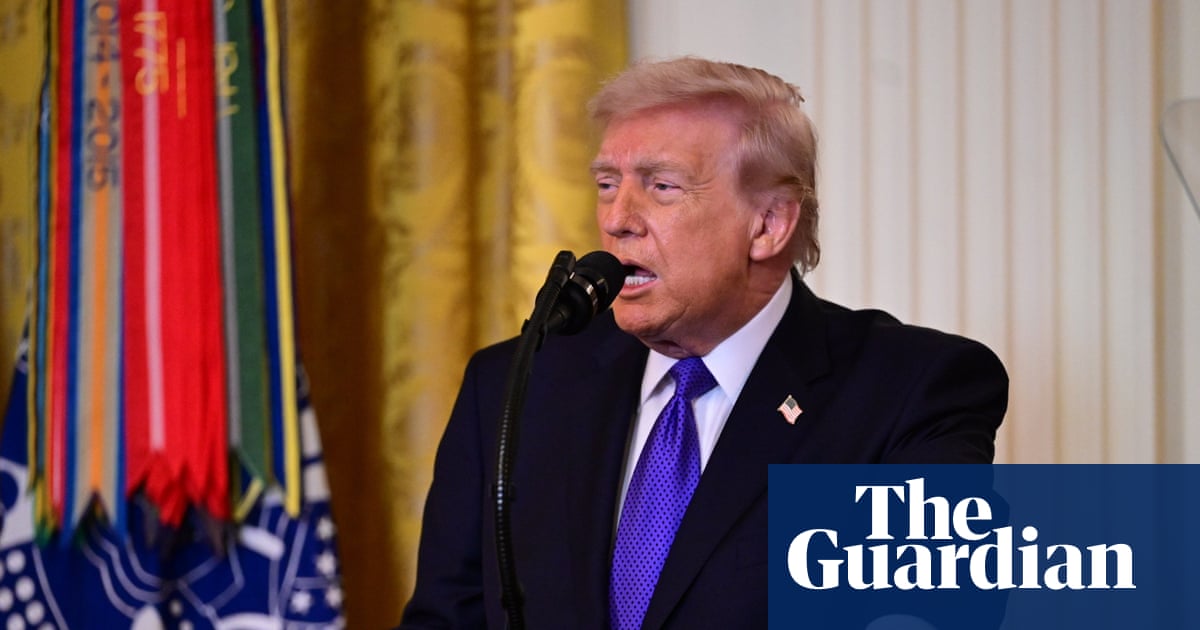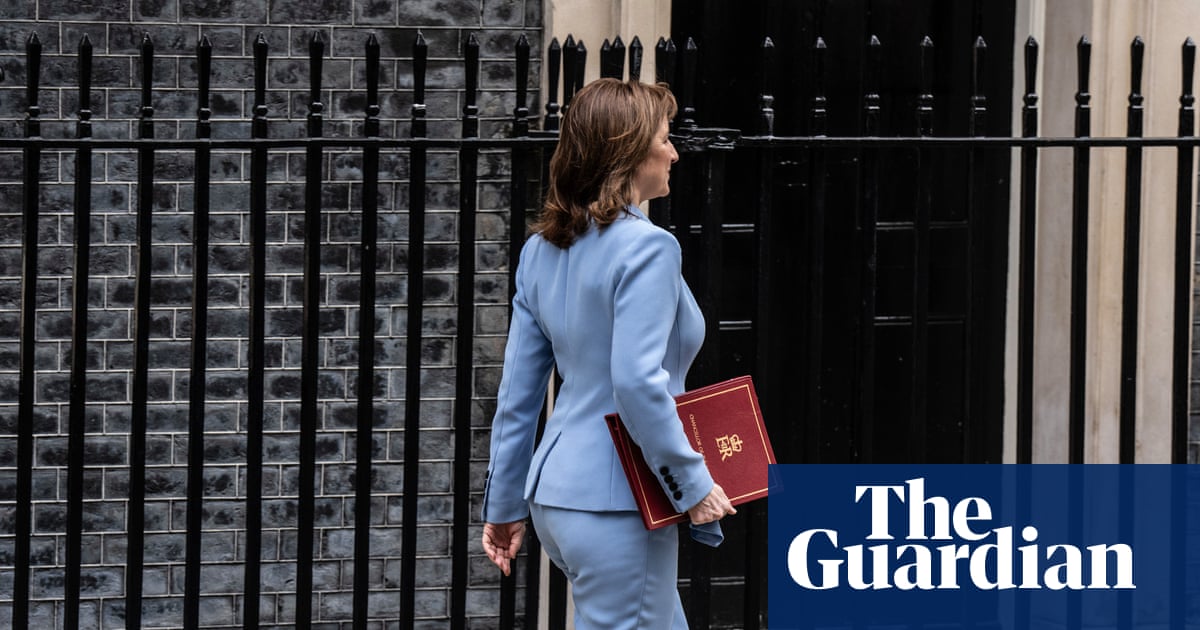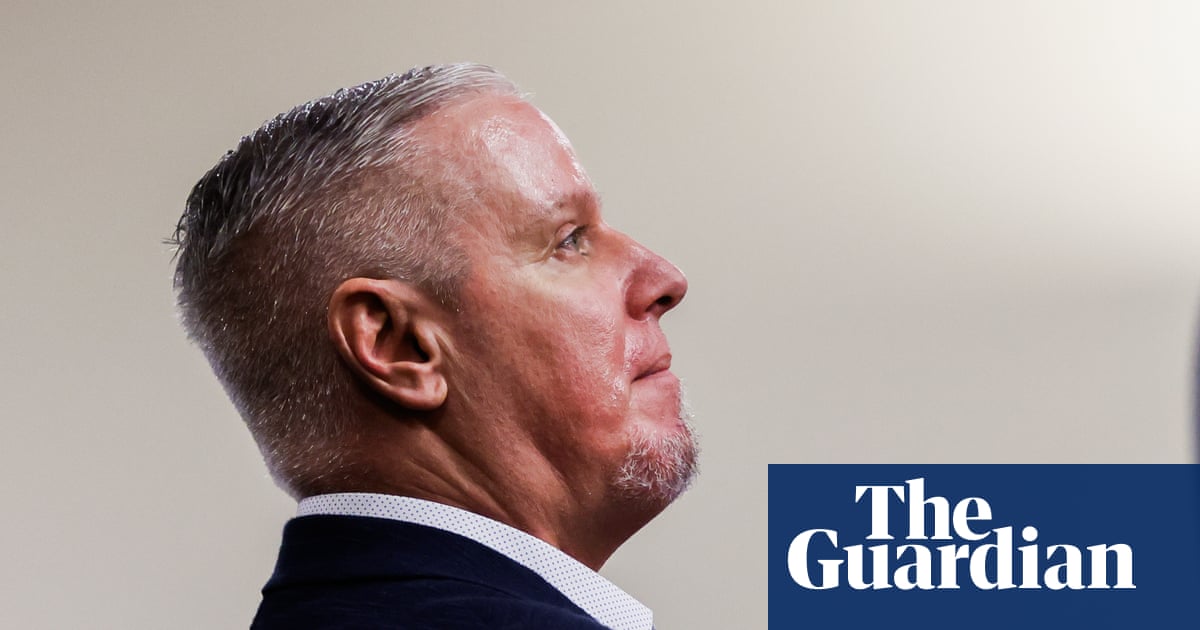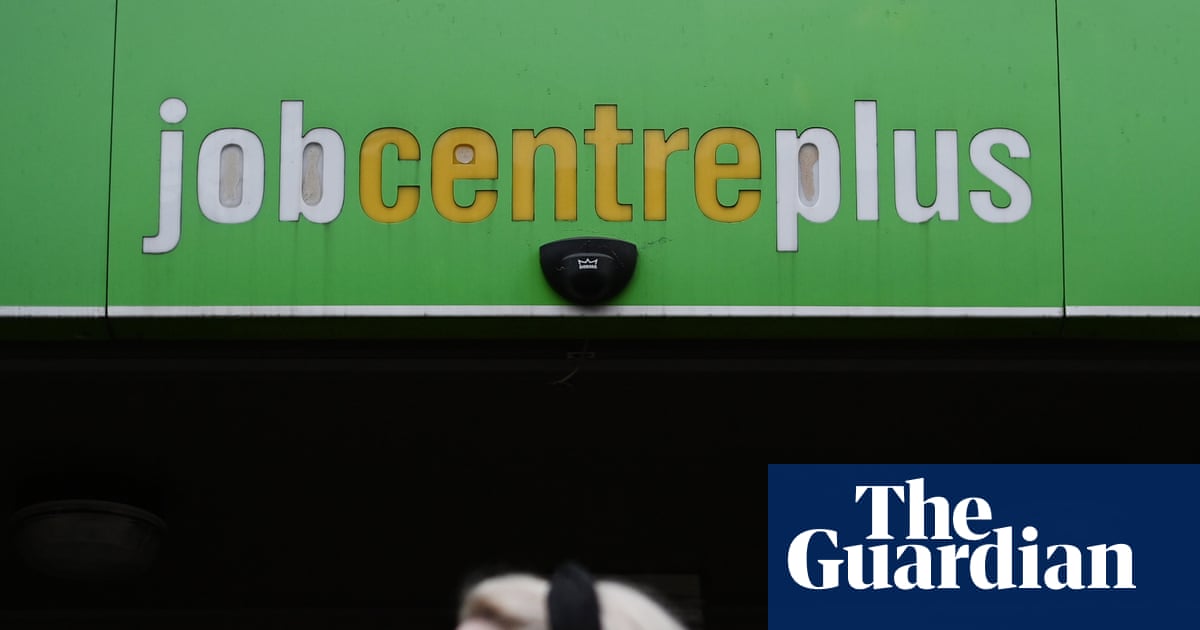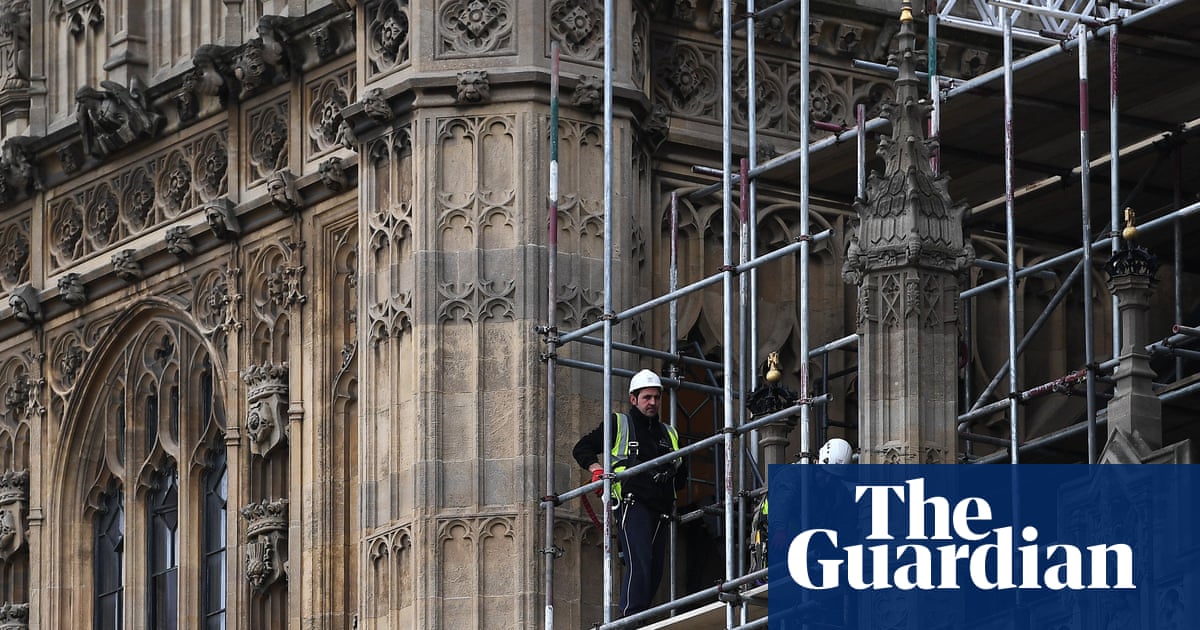A surge in state-sanctioned fuel smuggling between 2022 and 2024 cost the Libyan people about $20bn (£15bn) in lost revenue – an alarming sum that demands decisive international sanctions against those responsible, according to the most comprehensive report published on how Libya’s primary revenue source has been systematically pillaged.
The report by the investigative and policy body the Sentry states that “politicians and security leaders who claim to serve the public and fight organised crime have, in fact, acted as the chief architects of Libya’s fuel-smuggling industry, often with backing from foreign states”. Some of the imported fuel has also been smuggled into Sudan, where it has prolonged that country’s civil war.
Sentry calls for a western-backed investigation into the Libyan oil officials known to be at the heart of the fuel-smuggling enterprise and for international help to ensure Libya’s own investigative bodies identify those who have stolen funds from the Libyan people.
Fuel smuggling has been a long-standing problem in Libya, but the report claims the sums involved rose sharply after 2022 after a change to the leadership of Libya’s National Oil Corporation (NOC), one of the few state bodies that spans the east-west divisions that have effectively created two governments since the fall of Muammar Gaddafi in 2011.
The NOC introduced a system whereby plentiful Libyan crude oil was swapped for imported refined fuel, which instead of being consumed in the Libyan market at subsidised prices was resold abroad at vast profit.
By late 2024, the NOC’s fuel imports had surged from about 20.4m litres per day in early 2021 to a peak of more than 41m litres per day by late 2024. No genuine surge in domestic demand for refined petrol could justify such a large increase, and Sentry claims more than half the imported refined petrol has been sold on by criminal networks at a private profit.
Libya still has little domestic oil refining capacity.
Sentry calculates more than $6.7bn-worth of fuel was smuggled out of the country in 2024 alone, sufficient for Libya to more than triple its spending on healthcare and education.
The report claims: “Given its sheer scale, fuel smuggling can no longer be portrayed merely as a byproduct of weak governance. In 2021, Libya’s top rulers effectively embraced it as part of a broader, systematic strategy to siphon massive wealth from the population.
“Kleptocrats and organised crime networks – working alongside corrupt officials who wield influence over state bureaucracy, logistical hubs, distribution points, routes, and border crossings – orchestrated a drastic increase in illegal export of subsidised fuel. Destinations include Sudan, Chad, Niger, Tunisia, Albania, Malta, Italy and Turkey.
“The transportation methods involve various categories of vessels, tanker trucks, and smaller vehicles – even rogue pipelines, depending on the geographical context and specific circumstances of the business model. This illegal fuel exportation causes domestic shortages, forcing citizens to pay much higher prices at unofficial outlets, especially in Libya’s peripheral area.
The report claims the smuggling not only deprived the Central Bank of Libya of crucial dollar revenues, it also undermined the integrity of the NOC, whose hydrocarbon exports account for virtually all of Libya’s income.
The vast increase in fuel imports occurred during the NOC chairmanship of Farhat Bengdara who left his position in January after 30 months in charge, the report said.
The NOC has said it abandoned the swap system in March 2025, and the quality of fuel imported from January to September fell by 8% compared with the previous year. But experts say Libya is still importing far more fuel than it could possibly need.
Bengdara told Sentry that under his tenure, the NOC remained transparent and proactive in its cooperation with national institutions and international organisations. He said he had submitted reforms to the Council of Ministers and the Supreme Council for Energy Affairs to reduce reliance on subsidised diesel in electricity generation.
These proposals, Bengdara added, included increasing natural gas production, promoting gas and renewable energy for electricity generation, and initiating the gradual removal of fuel subsidies.

 3 months ago
90
3 months ago
90

